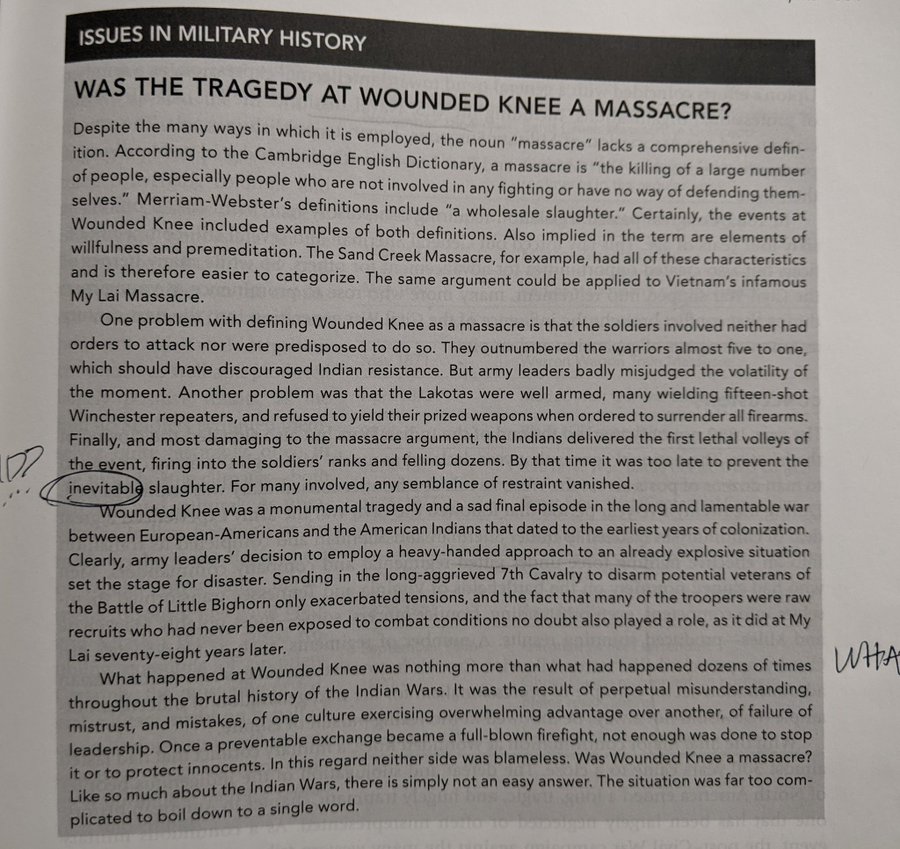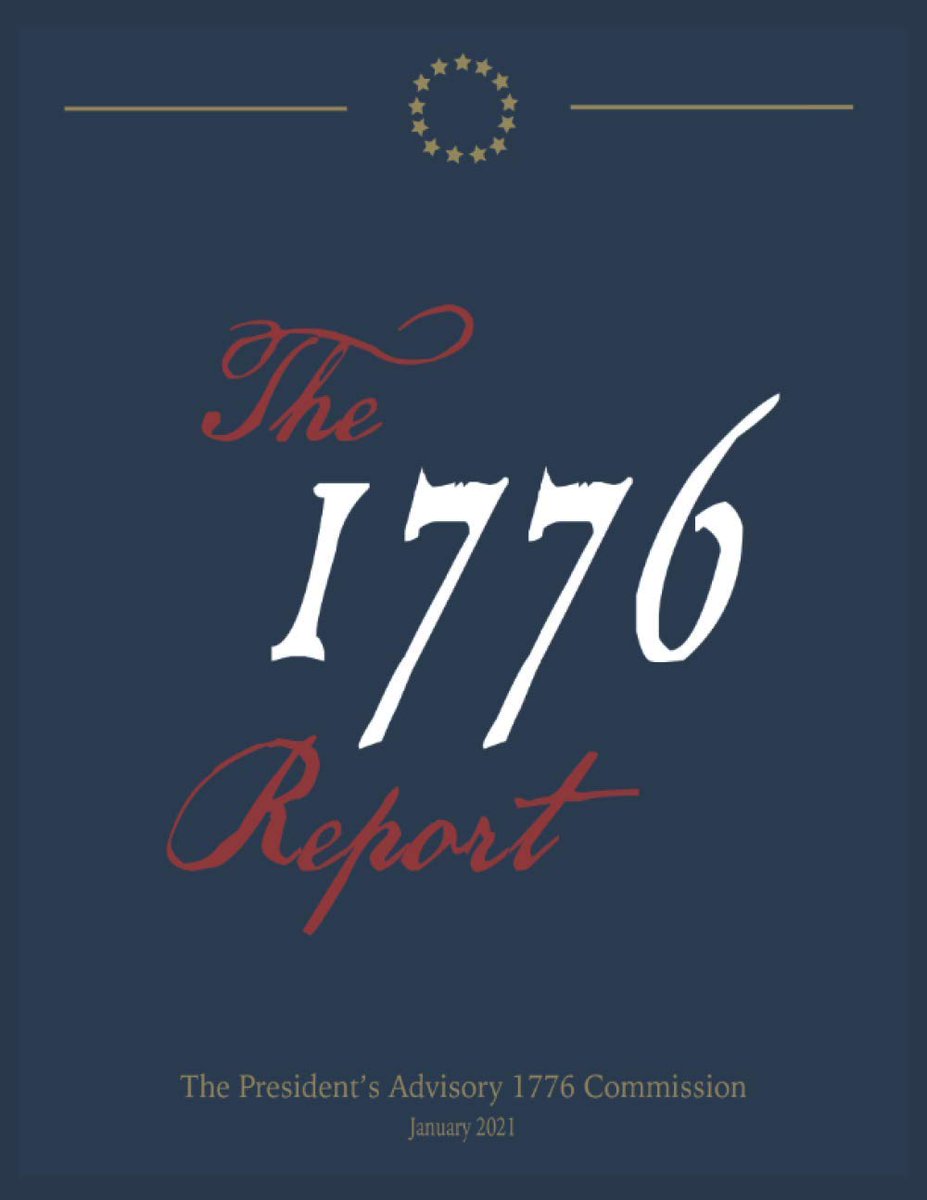The ghost of Frederick Jackson Turner and the dreaded f-word have risen again, it seems.
#Twitterhistorians scoffing at this, rightly so, no doubt, but it's worth thinking about why we hate FJT.
#Twitterhistorians scoffing at this, rightly so, no doubt, but it's worth thinking about why we hate FJT.
Many reasons we hate FJT, but here are two:
1) frontier thesis was celebratory, assumed white supremacy, i.e., racist
2) leaves out Indigenous people
1) frontier thesis was celebratory, assumed white supremacy, i.e., racist
2) leaves out Indigenous people
But with all due respect to Patricia Nelson Limerick, isn't it (more or less) true that there was a "frontier" in the sense of east-to-west settler population explosions, esp. in what is now the east and midwest and (sort of) multiple "frontiers" in the west?
To that extent, what if we reverse FJT's celebration and recognize Indigenous people, don't we have settler colonialism's logic of elimination? And, isn't one of settler colonialism's ideological products "rugged individualism?"
And, again referencing Limerick, isn't one of the "legacies of conquest" (not only in regional, western history, but all of U.S. imperialism), a bunch of "rugged individualists" running around with guns taking over Malheur (Bundys 2016) . . .
or Proud Boys coming into Portland to fight for 2A and against Antifa? Safe bet the economists will screw up the analysis of "frontier" and "rugged individualism," but there is an issue here, no?
• • •
Missing some Tweet in this thread? You can try to
force a refresh


















